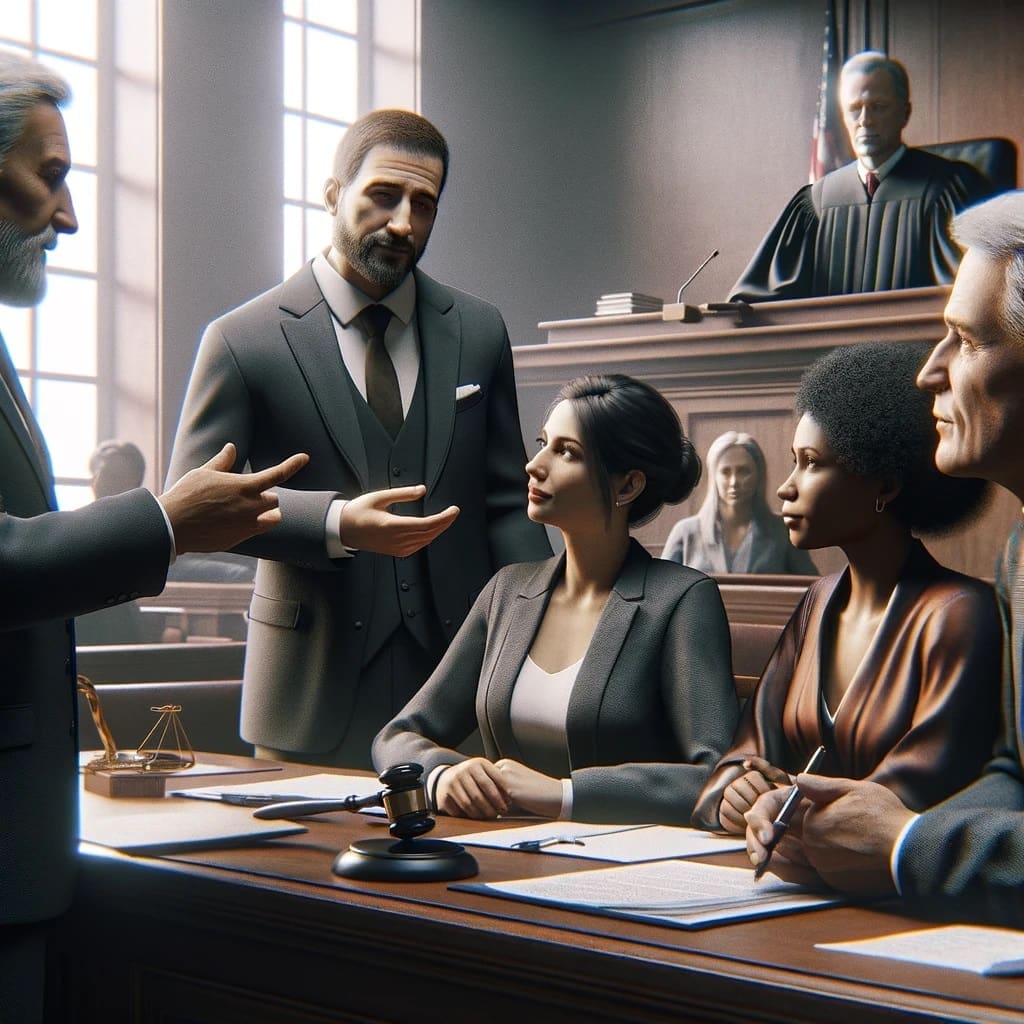Leveraging Affirmative Defense: A Comprehensive Guide to Legal Success
In the realm of legal defense strategies, affirmative defense stands out as a critical tactic that can decisively influence the outcome of a case. This defense does not merely deny the charges but rather introduces new evidence and assertions that, if proven, will negate the legal liability even if the crime was committed. Understanding how to effectively employ affirmative defense strategies can make a significant difference in both civil and criminal litigation.
Affirmative defense involves a defendant arguing that there are extenuating or mitigating circumstances that absolve them from full liability. For example, in cases of self-defense in a battery charge, the defendant might admit to the act but claim it was necessary to prevent a greater harm. This approach can be applied across various legal areas, including contract disputes, personal injury cases, and more serious criminal allegations.
The effectiveness of an affirmative defense heavily relies on the ability of the defense team to present compelling evidence and articulate a convincing narrative. The burden of proof shifts to the defendant, who must prove the validity of the defense beyond a reasonable doubt. Therefore, preparation is key. Gathering substantial evidence, credible witnesses, and expert testimonies can solidify the defense’s position.
Legal practitioners often emphasize the importance of understanding the specific requirements and legal precedents associated with different types of affirmative defenses. For instance, the criteria for proving insanity differ significantly from those required to establish duress. Lawyers need to be well-versed in the nuances of the law to navigate these defenses successfully.
Another aspect to consider is the jurisdictional variations in the recognition and handling of affirmative defenses. Some jurisdictions may have stricter standards or different procedural rules regarding how these defenses can be asserted and proved. Staying updated with local laws and court decisions is crucial for legal professionals who wish to utilize these defenses effectively.
Furthermore, affirmative defense strategies should be tailored to the specifics of each case. A one-size-fits-all approach is unlikely to succeed. Instead, defense teams should analyze the unique circumstances of each case, develop a detailed understanding of the client’s situation, and craft a defense strategy that aligns with the established facts and available evidence.
Educating clients about the potential and limitations of affirmative defenses is also essential. Clients should understand that while these defenses can be powerful, they require a robust factual basis to succeed. Misconceptions about the ease of proving such defenses can lead to unrealistic expectations and potential disappointments.
For law students and new practitioners, mastering the art of affirmative defense is a valuable skill. Participating in mock trials, studying landmark cases, and seeking mentorship from experienced attorneys are effective ways to develop expertise in this area. Continuous learning and practice in real-world scenarios will enhance one’s ability to employ these defenses adeptly.
In conclusion, affirmative defense is a potent tool in the legal arsenal. When used correctly, it can protect clients from undue penalties and help achieve a favorable outcome in both civil and criminal proceedings. For legal professionals, being knowledgeable and strategic about when and how to use these defenses is paramount. As the legal landscape evolves, so must the strategies employed by defense teams, ensuring that they remain effective and relevant.
This article has explored the essentials of affirmative defense, providing insights and guidance for legal practitioners aiming to enhance their defensive strategies. By staying informed and proactive, lawyers can uphold their clients’ rights and navigate the complexities of the legal system with confidence and success.














